Mozambique: Authorities report 114,000 under fives suffering acute malnutrition
Zito fled through Cabo Delgado and ended up losing track of his brothers
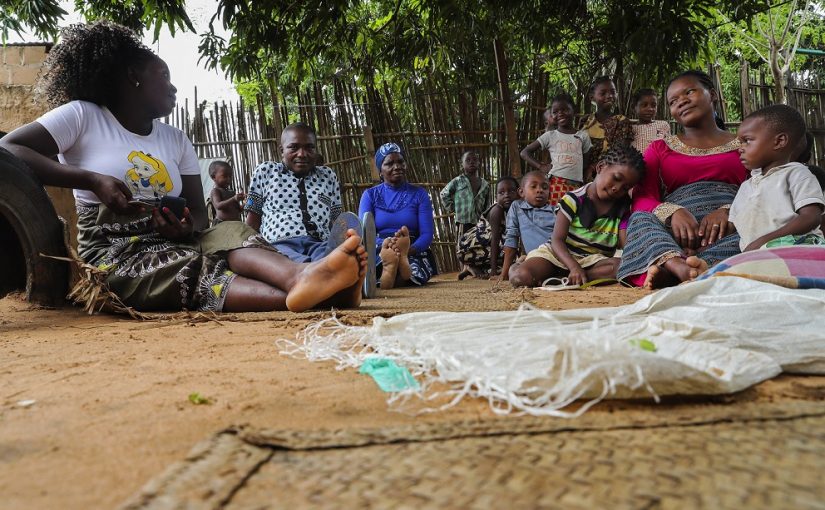
Photo: João Relvas / Lusa
Zito’s brothers and cousins have been missing since the invasion of Palma, in Cabo Delgado (Mozambique), and without cell phones or transport it is impossible to know if they are alive or in the hands of the ‘jihadists’.
“It is difficult … There is no transport, there are no cars [to Palma], there is nothing, nor any telephones … Maybe God willing, one day… ‘” says 35-year-old Zito Paulino João, recalling, with a distant look, the many brothers and cousins of whom he has had no news for more than 20 days.
Displaced for the second time and now living on the outskirts of Mahate, in Pemba, he still does not know if his family members are missing because they fled and are hiding in the bush, if they died during the attacks, or if they are prisoners of the insurgents. And it is this uncertainty that worries him the most.
“We are not communicating with them, or anything. If they died, if they did not die, if they were taken …. It is difficult to know. May it be God’s will that they will appear, I will be very grateful if they do,” he says.
Zito has spent the last year running. He is a native of Mocímboa da Praia, but left for Palma with his wife and children when the insurgents attacked Mocímboa.
“We thought that, perhaps, there was a safe place[in Palma], but [the attacks] continued,” Zito told the Lusa News Agency.
Zito is sitting on top of a half-buried tire which serving as a bench in the shade of a tree, accompanied by his wife, three children, his mother and a few more children, curious about the interview with this displaced person.
Palma ended up betraying their expectations of security when it was invaded by the ‘jihadists’ on March 24. Zito was forced to flee again with his family to Mueda, through the “middle of the forest”, finally arriving in Pemba.
His mother, who has lived in Pemba since they fled Mocímboa, welcomed them into her home, but there are “many in the same house”. She wishes she could rent a house, but it is practically impossible.
“Here [the price to rent] varies. Houses are between 3,000 (€41,06) and 3,500 meticais (€47.90), sometimes 2,500 meticais (€34.22) depending on the type of house. And it is becoming more difficult, because the household is getting bigger,” she explains.
Zito is unemployed and confessed that finding work “is difficult”. He would return to Mocímboa without hesitation if he could, but he is tired of a problem that continues and continues, robbing him of any stability.
“In the beginning, the idea was that everything that has a beginning has an end, but now we see that it will continue. It stops a while, then continues. It stops a while, then continues,” he laments.
Zito Paulino João’s account is not by no means unique among the members of the Mahate community. Every other house has someone who does not know the whereabouts of family members.
The city of Pemba, the capital of Cabo Delgado, has been the main destination for populations fleeing the armed attacks that began in 2017 further north in the province, and is currently hosting almost twice as many residents as usual.
The violence unleashed more than three years ago in the province of Cabo Delgado escalated still further two weeks ago, when armed groups first attacked the village of Palma, about six kilometres from the multimillion-dollar natural gas projects.
The attacks caused dozens of deaths and forced thousands of Palma residents to flee, aggravating a humanitarian crisis that has, according to the United Nations, affected about 700,000 people in the province since the beginning of the conflict.


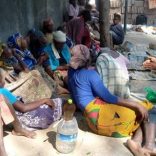

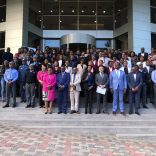

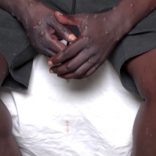
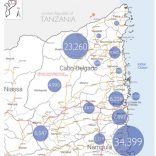




Leave a Reply
Be the First to Comment!
You must be logged in to post a comment.
You must be logged in to post a comment.